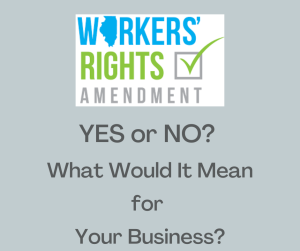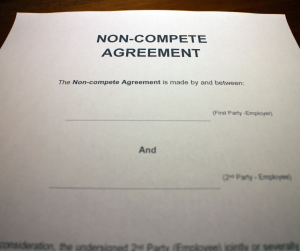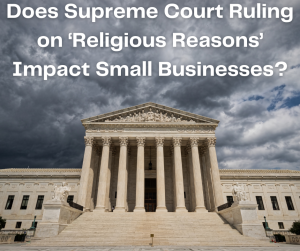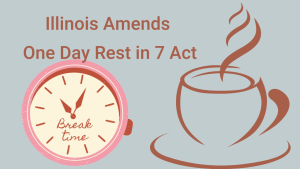
What Would It Mean for Your Business?
Illinois voters will have the opportunity on Election Day, November 8, to vote “yea” or “nay” on an amendment to the state constitution that would protect workers’ rights to collectively bargain, while prohibiting state legislators from making Illinois a “right to work” state, in which workers in unionized workplaces can decide individually whether to join the union. The Amendment should have no practical effect on small businesses since small businesses are generally not unionized.
Known popularly as the “Workers’ Rights Amendment”—although its official name is the more prosaic Illinois Amendment 1—the measure would amend the Bill of Rights Article of the Illinois Constitution to give employee the ability to bargain collectively, through representatives they select to negotiate wages, hours, working conditions, and worker safety. The amendment, which received partisan support in both houses of the state legislature when it was approved for the ballot in May, also negates any local laws that prohibit this.
 Chicago Business Attorney Blog
Chicago Business Attorney Blog







